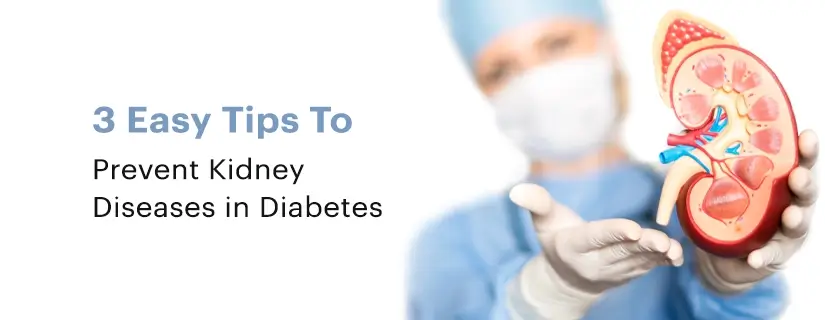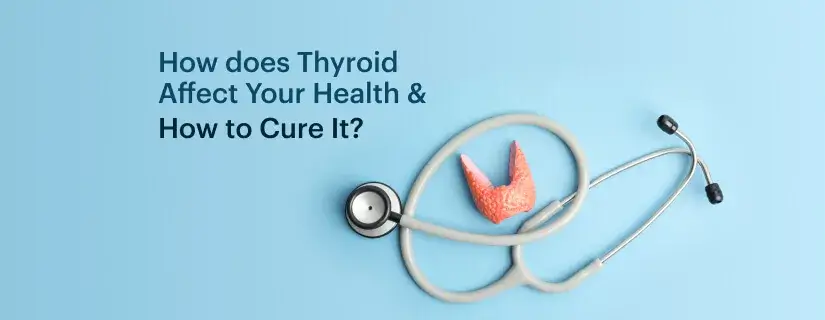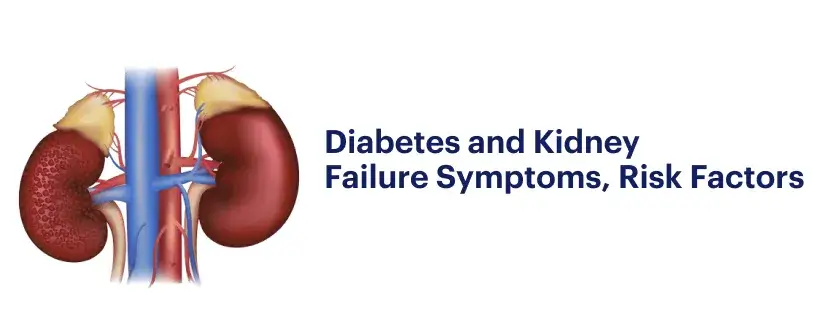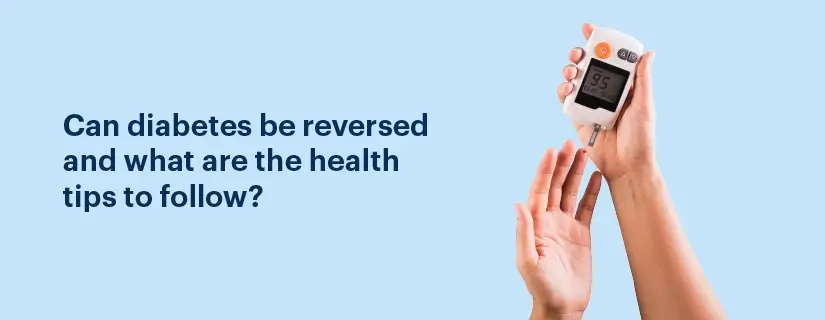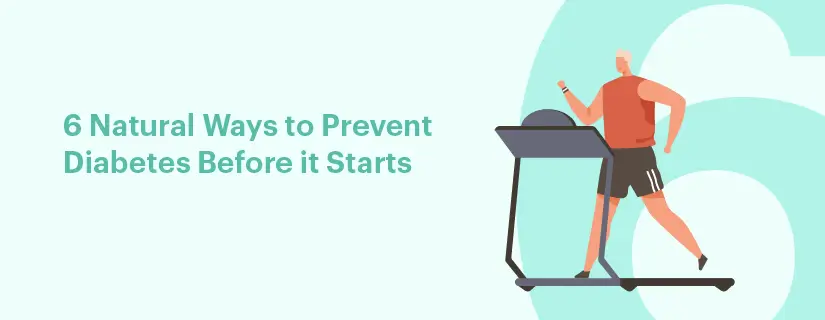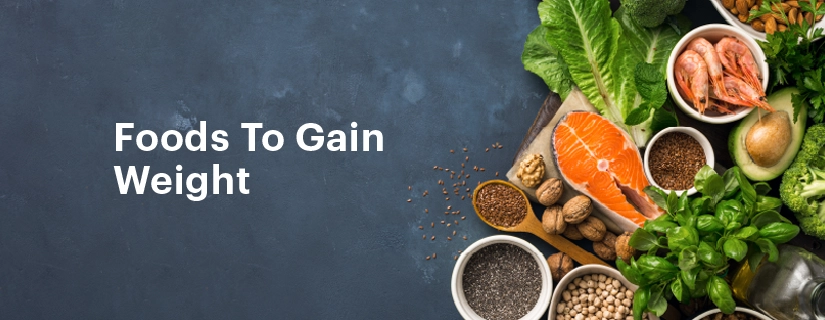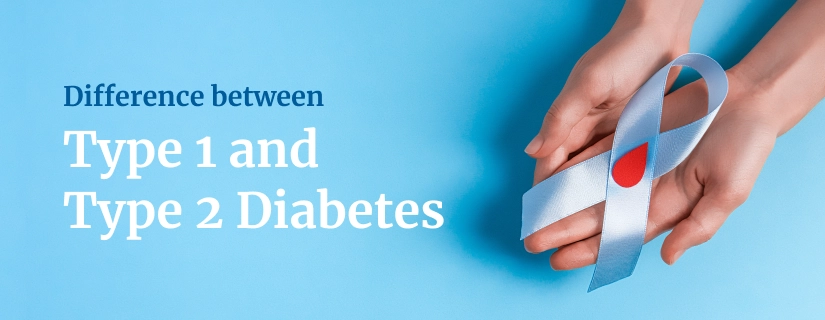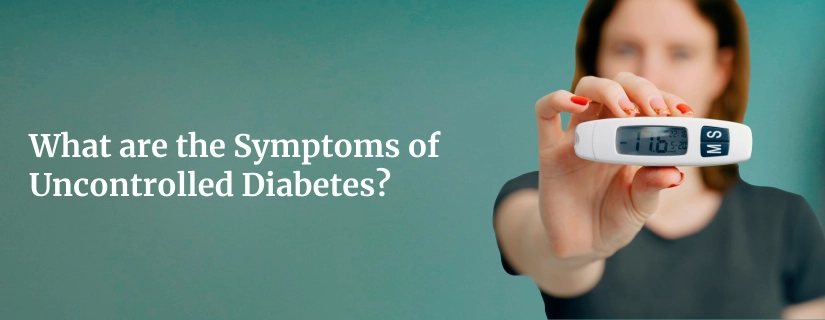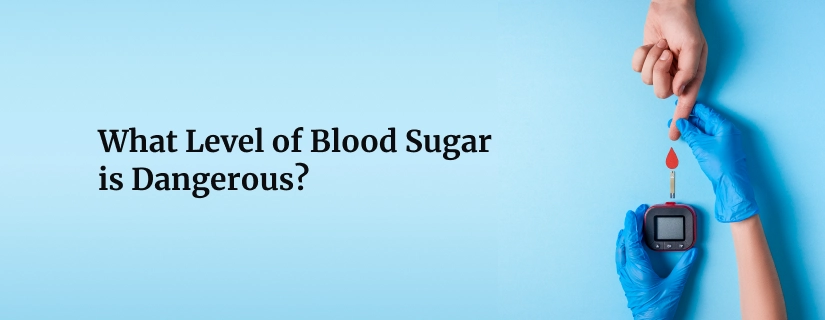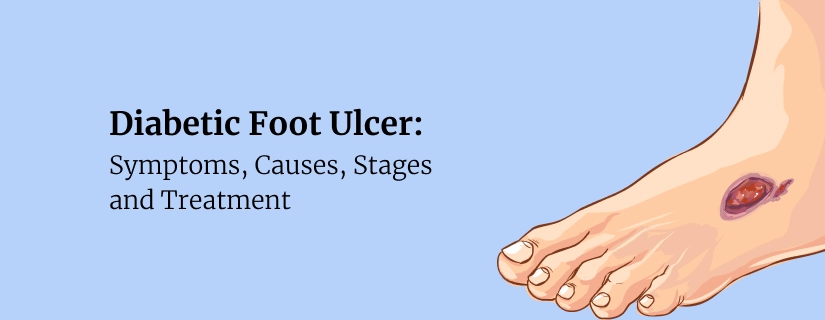-
Doctors
-
Specialities & Treatments
Centre of Excellence
Specialties
Treatments and Procedures
Hospitals & Directions HyderabadCARE Hospitals, Banjara Hills CARE Outpatient Centre, Banjara Hills CARE Hospitals, HITEC City CARE Hospitals, Nampally Gurunanak CARE Hospitals, Musheerabad CARE Hospitals Outpatient Centre, HITEC City CARE Hospitals, Malakpet
HyderabadCARE Hospitals, Banjara Hills CARE Outpatient Centre, Banjara Hills CARE Hospitals, HITEC City CARE Hospitals, Nampally Gurunanak CARE Hospitals, Musheerabad CARE Hospitals Outpatient Centre, HITEC City CARE Hospitals, Malakpet Raipur
Raipur
 Bhubaneswar
Bhubaneswar Visakhapatnam
Visakhapatnam
 Nagpur
Nagpur
 Indore
Indore
 Chh. Sambhajinagar
Chh. SambhajinagarClinics & Medical Centers
Book an AppointmentContact Us
Online Lab Reports
Book an Appointment
Consult Super-Specialist Doctors at CARE Hospitals
What is Insulinoma?
Updated on 20 March 2023
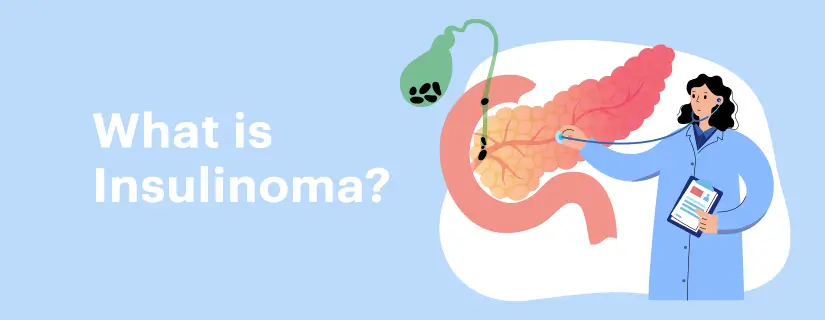
Insulinoma is a rare type of pancreatic tumour. The pancreas produces insulin to maintain blood sugar levels in the body. In the case of insulinoma, the pancreas starts producing more insulin than the required amount. As a result, the blood sugar level drops drastically leading to a severe hypoglycemia.
Insulinomas are rare and they do not spread to other areas of the body, nor are these tumours cancerous. They are usually very small in size.
Symptoms of Insulinoma
There are no clear signs or symptoms of insulinoma. They might show up depending upon the severity of each individual case. The symptoms are usually mild and some insulinoma symptoms may include the following:
- Increased appetite
- Dizziness and sweating
- Double or blurred vision
- Anxiety and irritable mood
- Tremors, confusion and feeling weak
- Sudden weight gain
If the symptoms become severe, they can affect the brain. If adrenal glands get affected, the regulation of heart rate may be affected
Seizures, unconsciousness, coma, etc are other symptoms indicating the severity of the disease. If the insulinoma gets bigger in size, it can spread to other parts of the body causing abdominal pain, diarrhoea, back pain and jaundice.
Causes of Insulinoma
It is difficult to establish clear-cut reasons responsible for causing insulinoma. The tumours develop without showing any signs.
Diagnosis of Insulinoma
As a part of insulinoma diagnosis, a blood test is done to check blood sugar and insulin levels. If the blood sugar level is low but the insulin level is high, it confirms insulinoma. There can be a 72-hour fast while you are monitored by a doctor and you have to stay in the hospital for this process. MRI and CT scans are used to know about the tumour with exactness. Endoscopic ultrasound can be used if the tumour is not found through MRI or CT scan. All these tests help to know the size of the tumour. A sample of tissue is taken from the insulinoma to test for the probability of cancer.
Treatment of Insulinoma
Removing insulinoma surgically is the best way to get rid of it. If there are a number of tumours then a part of the pancreas is also removed along with them. The type of surgery depends upon the number of tumours and their location. Laparoscopic surgery is performed to remove a single and small tumour. This is the safest surgery that cures the condition. Sometimes removal of insulinoma will not be sufficient and requires other treatments when the tumours are carcinogenic. In that case, a radiofrequency ablation, cryotherapy or chemotherapy is required to kill the cancer cells. If the surgery is not able to help the patient, the doctor may prescribe medicines to manage the blood sugar levels.
There are no complications once the surgery is done and the majority of people live without any health issues. The chances of recurrence are there in future for those who had more than one tumour. The number of people who get diabetes after surgery is very low. It happens when a larger part of the pancreas is removed. Patients with cancerous insulinoma might develop complications if the cancer spreads to other organs. In that case, the surgeon cannot remove tumours entirely.
Prevention of Insulinoma
The doctors still do not know the core reasons behind the formation of insulinoma and their prevention.
However, a healthy diet and regular workouts can help in the prevention of hypoglycemia. Reducing the intake of red meat helps in keeping your pancreas healthy. Smoking can affect your pancreas, so it is better to quit it.
Conclusion
Insulinoma is not preventable but surely curable. The factors leading to this kind of tumour are not known. But they can be surgically removed to give relief to a greater extent in most cases. Cancerous insulinoma needs proper treatment as it might affect other organs due to the presence of cancer cells in the tumours. It is important to get your sugar levels checked if your body shows any signs described above. However, the signs are very mild and may escape diagnosis. Developing healthy habits and getting yourself checked regularly may prevent you from many diseases and disorders, insulinoma being one of them.

ENQUIRY FORM
SELECT CATEGORIES
-
Neurosciences (16)
-
Neurology (37)
-
Neurosurgery (14)
-
Orthopaedics (48)
-
Oncology (33)
-
Obstetrics and gynecology (52)
-
Pulmonology (23)
-
Urology (20)
-
Nephrology (13)
-
Psychiatry (7)
-
Dietetics and Nutrition (111)
-
General Medicine (63)
-
Cardiac Sciences (32)
-
Vascular & Endovascular Surgery and Interventional Radiology (15)
-
Gastroenterology (46)
-
Endocrinology (23)
-
Plastic Surgery (10)
-
Critical Care Medicine (5)
-
COVID-19 (16)
-
Dermatology (16)
-
Emergency Care (1)
-
Ophthalmology (4)
-
Pediatrics (14)
-
Laparoscopic and Bariatric Surgery (8)
-
ENT (15)
-
Kidney Transplant (1)
-
Liver Transplantation and Hepatobiliary Surgery (5)
-
General Surgery (3)
-
Internal Medicine (5)
-
Medicine Information
Living with Diabetes: Know How to Manage and Stay Healthy
Understanding the Relationship Between Diabetes and Hypertension
YOU MAY ALSO LIKE
RECENT BLOGS
-

Preterm Birth (Premature Birth): Symptoms, Causes, Treatment and Prevention
13 May 2025
Read More
-

Rotablation Angioplasty: Benefits, Treatments, And Recovery Time
9 May 2025
Read More
-

What Is The Difference Between IUI and IVF?
9 May 2025
Read More
-

Venous Malformations: Causes, Symptoms, and Treatment
30 April 2025
Read More
-

Varicose Vein Foam Sclerotherapy: Treatment, Benefits, and Procedure
30 April 2025
Read More
-

Radiofrequency (RF) Ablation Treatment for Varicose Veins: Know More
30 April 2025
Read More
-

Varicose Vein Sclerotherapy: Treatment, Benefits, and Procedure
30 April 2025
Read More
-

Varicose Vein Endovenous Laser Ablation: Procedure, Benefits, Risks
30 April 2025
Read More
Have a Question?
If you cannot find answers to your queries, please fill out the enquiry form or call the number below. We will contact you shortly.



